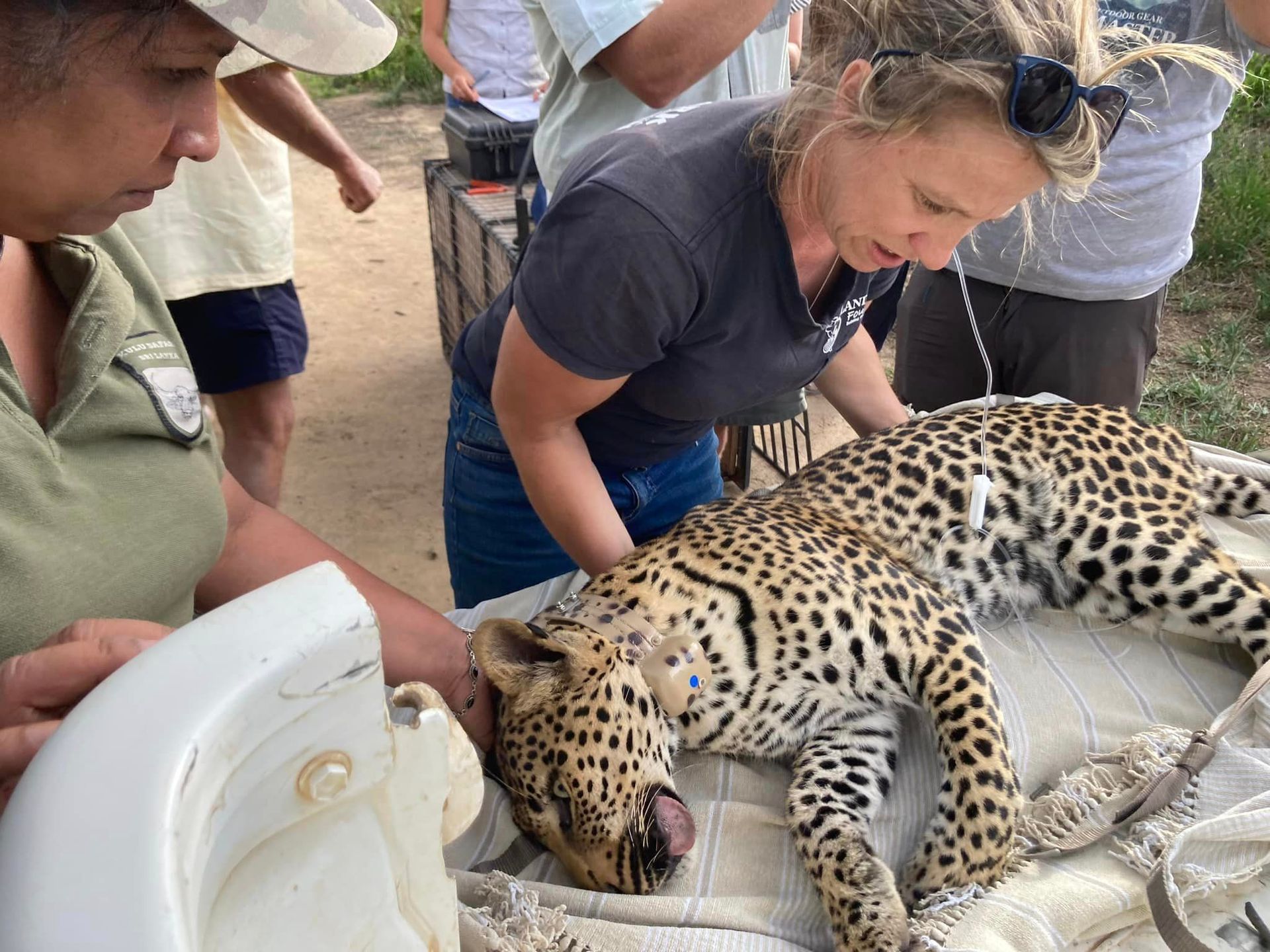Leopard and Predator Conservation
Protecting South Africa's Apex Predators and Ensuring Ecological Balance.
Cape Leopard Rescue and Rehabilitation
Objective: Our goal is to achieve a 30% increase in the number of rescued and rehabilitated leopards by the conclusion of 2024.
This groundbreaking initiative is dedicated to the recovery and conservation of leopards impacted by conflict situations, aiming to provide them with holistic rehabilitation support to ensure their successful reintroduction into safe and protected habitats.
Through a combination of cutting-edge approaches and strategic partnerships, the program endeavors to restore the population of leopards in the wild while promoting coexistence between these majestic animals and human communities.
Protecting South Africa's Apex Predators
Carnivore populations play an essential role in maintaining healthy ecosystems. Our Cape Leopard and Predator Conservation Project aims to protect leopards and other top predators in South Africa through innovative strategies and community engagement.
Ensuring Ecological Balance
The Cape Leopard and Predator Conservation Project, spearheaded by the Landmark Foundation, focuses on safeguarding South Africa’s remaining free-roaming top predators. With a comprehensive approach that includes habitat conservation, conflict mitigation, and scientific research, our goal is to create a harmonious coexistence between humans and wildlife.
Through our efforts, we aim to maintain the ecological balance that these apex predators ensure by regulating prey populations, controlling meso-predator numbers, and preserving biodiversity.
Help protect the Cape Leopard
We have chosen the Cape Leopard because of its enormous potential for opening up dialogue to rescue and conserve all other animals in the biome or ecosystem. That is why this is our collective duty. Get involved by donation, volunteering or joining any one of our programs near you.
Protecting South Africa's Apex Predators
Dr. Bool Smuts
Founder: Landmark Foundation
